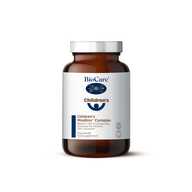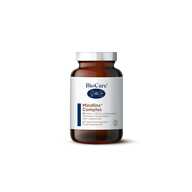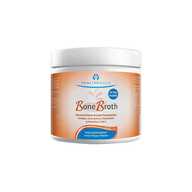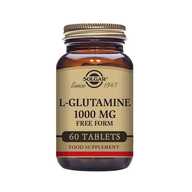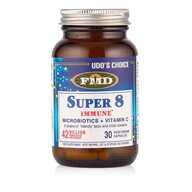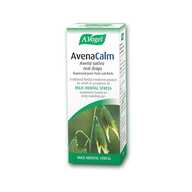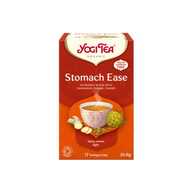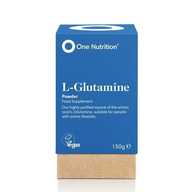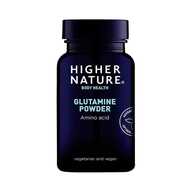What is Glutamine?
Glutamine, what’s it all about? Glutamine is the most abundant amino acid found in the body. It's made in the muscles and transferred by the blood into different organ systems including the intestinal wall, immune cells and muscle cells. Glutamine is a building block for making proteins in the body. It's also needed to make other amino acids and glucose. Glutamine supplements might help gut function, immune function, and other processes, especially in times of stress when the body uses more glutamine.
Glutamine for a healthy gut
The times I most often get asked for glutamine on the shop floor are for the gut and for recovery after intense training. L-Glutamine is used in the intestinal wall. Leaky gut is a common condition that causes gut permeability, resulting in little holes in the gut wall. When this happens the gut becomes permeable, this literally allows the food proteins to leak out of the gut into the blood stream through these holes or gaps. This can then cause inflammation and increase the risk of developing intolerance to foods that you never had a problem with before. Part of the process in supporting the gut can include dietary changes and the addition of a glutamine supplement alongside microbiotics to replenish gut bacteria.
Glutamine supports recovery after intense training
If you are doing a lot of intense exercise and workouts glutamine can be a useful supplement to consider. This is because glutamine may help to clear waste products and toxic build-up of acidic chemicals that exercise can produce. These toxins that can contribute to pain in your muscles if allowed to build up.
The human body uses a lot of Glutamine during times of stress
Another time you might need to top up on glutamine can be during times of intense stress or illness. Because during times of stress or illness your body’s need for glutamine outstrips the body’s ability to manufacture it from diet. Glutamine plays an important role in muscle recovery and immune support. It could be useful to top up on during times of convalescence.
Sources of L-Glutamine
Glutamine is dominantly found in meat, fish, dairy, and eggs and plant-based sources are beans, raw spinach, parsley and red cabbage. It’s worth noting, though, that animal proteins tend to provide amino acids that are more digestible than plant proteins. If your vegan or you don’t eat many foods that contain glutamine then it might be an interesting supplement to take a look at. Bone broth is a natural source of glutamine but an easier option could be to take it in supplement form.
One Nutrition is one of our most popular brands and they have a One Nutrition L-Glutamine supplement. This comes in a powder from and is a highly purified source. You simply take 1 teaspoon (5gm) a day, take it away from meals. It's suitable for vegans, is gluten free, dairy free, and soya free.
I think you’ll agree this is an interesting supplement.


